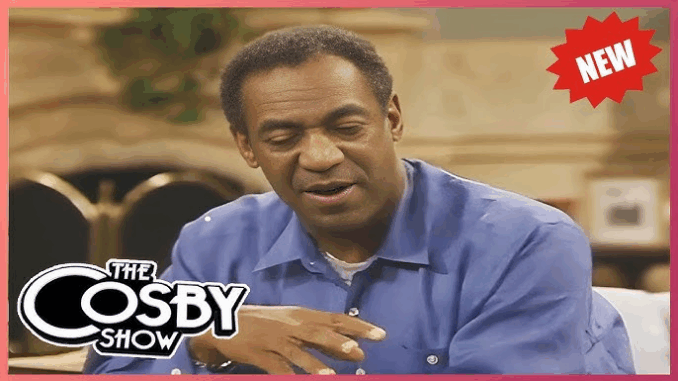
Few television series have left as deep an imprint on American culture as The Cosby Show. Premiering on NBC in 1984, the sitcom not only dominated ratings for much of the 1980s but also redefined how Black families were portrayed on television. Today, four decades later, The Cosby Show remains both a cherished piece of pop culture history and a subject of complex discussions about legacy and accountability.
A Groundbreaking Premise
At a time when most portrayals of African American families were limited to stereotypes or stories of struggle, The Cosby Show introduced viewers to the Huxtables: an upper-middle-class Black family living in Brooklyn, New York. Dr. Heathcliff Huxtable, played by Bill Cosby, was an obstetrician, while his wife Clair, portrayed by Phylicia Rashad, was a successful attorney. Together, they raised five children in a household filled with humor, discipline, and love.
What set The Cosby Show apart wasn’t just its positive representation of a Black family—it was the universality of its themes. The show addressed parenting, adolescence, education, and social responsibility with warmth and wit, resonating with viewers of all backgrounds.
Cultural and Ratings Phenomenon
From 1985 to 1989, The Cosby Show was the number one show in America, a rare feat for any sitcom. Its success helped revive NBC’s primetime lineup and opened the door for future shows centered on diverse families. It also launched the careers of several cast members, including Lisa Bonet, Malcolm-Jamal Warner, and Keshia Knight Pulliam.
Academically and socially, the show sparked critical conversations. It challenged industry norms and inspired a generation of viewers to rethink preconceived notions about race, class, and family dynamics. It also gave rise to a spin-off, A Different World, which explored college life at a historically Black university.
A Complicated Legacy
In the 2010s, allegations of sexual assault against Bill Cosby surfaced, culminating in a conviction in 2018 that was later overturned in 2021. These revelations cast a long shadow over the show’s legacy, prompting networks and streaming services to pull reruns and forcing fans and critics alike to wrestle with the divide between art and artist.
For many, The Cosby Show remains a formative experience—an emblem of excellence, family values, and cultural progress. For others, it is now inextricably linked to the real-life controversies of its star.
Conclusion
The Cosby Show stands as a milestone in television history. It broke barriers, reshaped public perceptions, and offered millions of viewers an inspiring, relatable portrait of family life. While its legacy is now clouded by the actions of its leading man, the impact of the show on American entertainment and social discourse remains undeniable.
